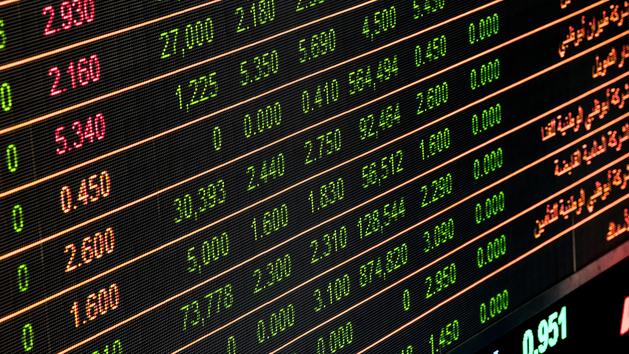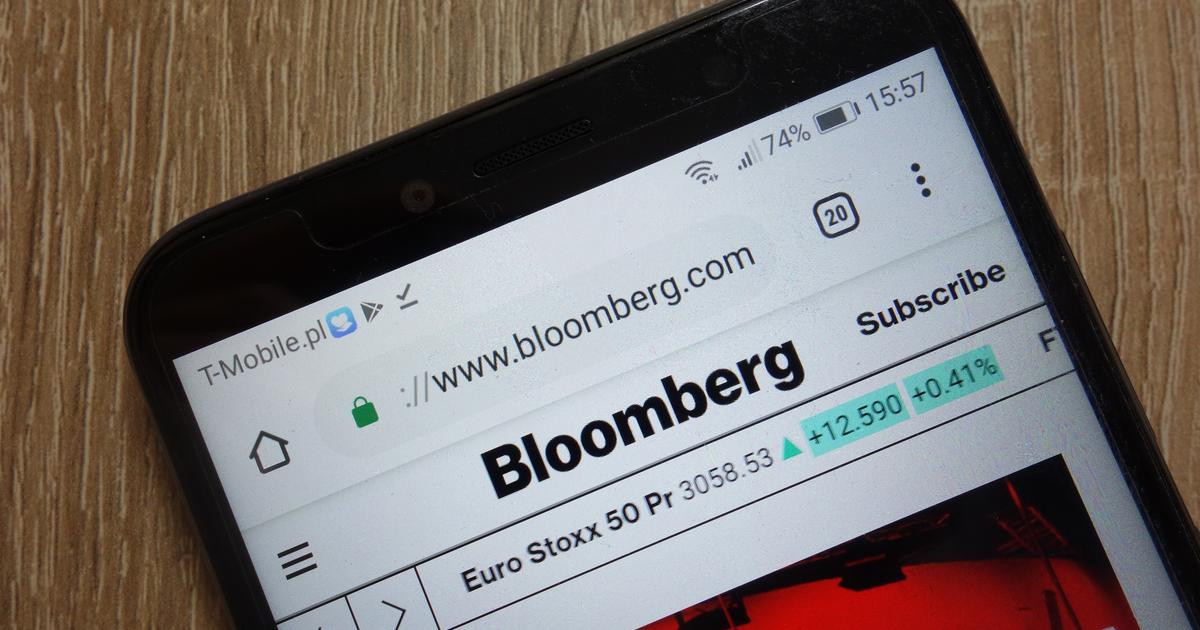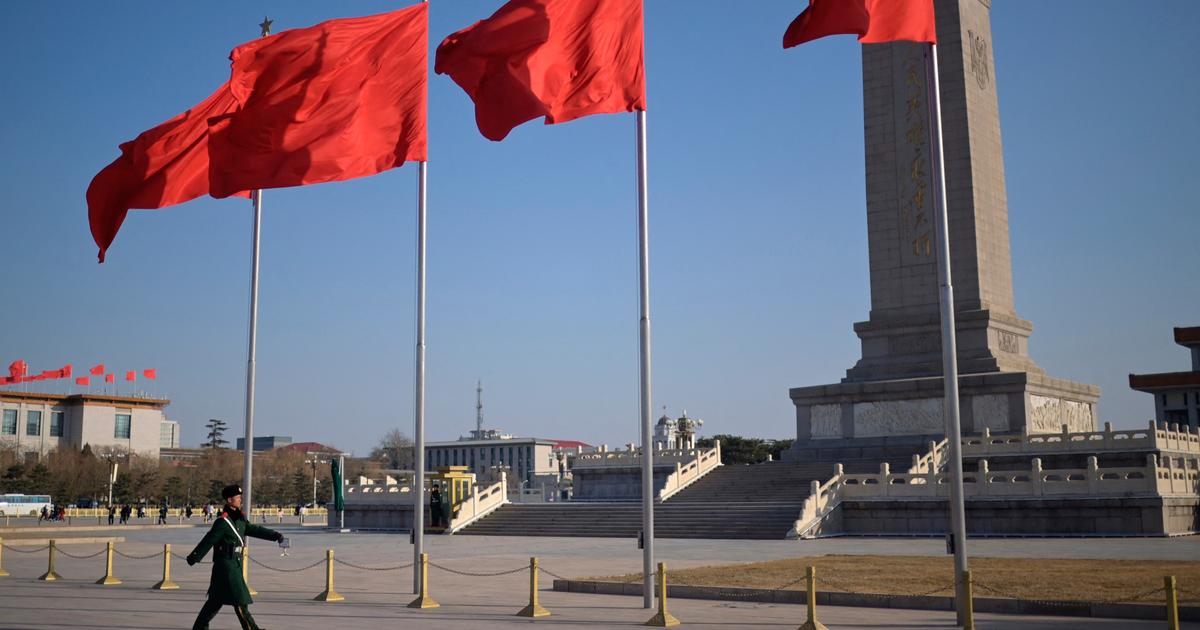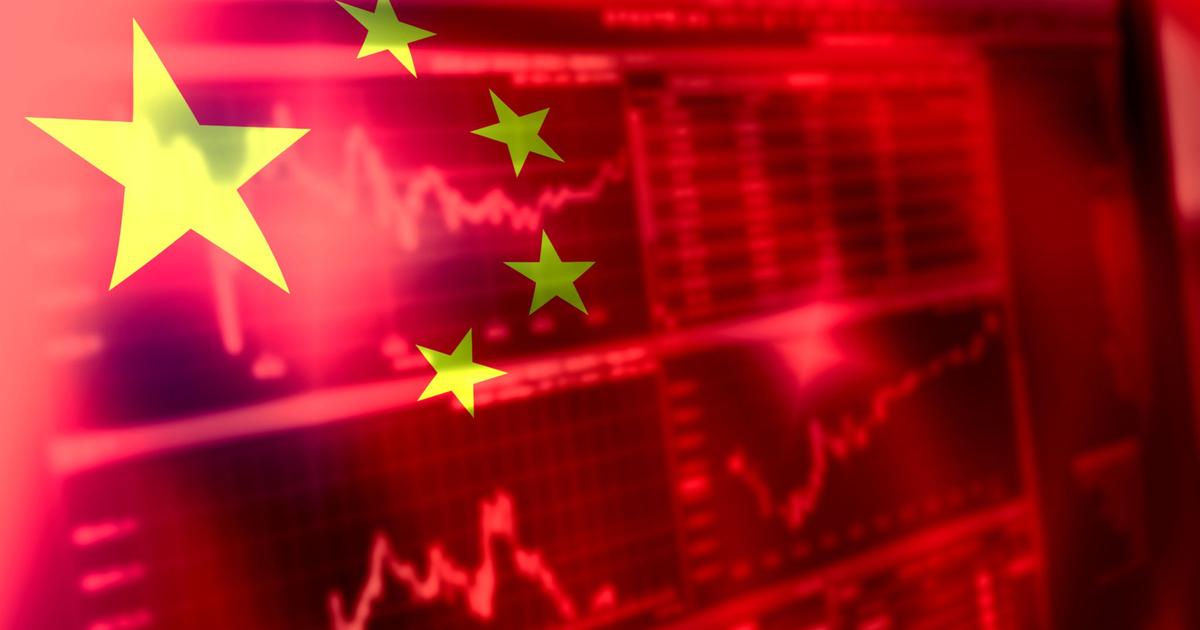The Chinese financial market dreams of greatness. After the launch by the Shanghai Stock Exchange in 2019 of a new financial market, the Star Market, intended for stocks in the technological sector, China is doing it again and this time launches a stock market index: the Star 50. Also devoted to the high-end sector technology, it has been tracking the top 50 listed companies for more than six months. A new step which attests to the new Chinese ambition: that of becoming a credible financial center to ensure its economic independence and stand up to the American rival.
Read the report: China facing the world
On July 22, 2019, when China launched the Star Market, the enthusiasm was total. From day one, this new financial market experienced a meteoric rise: + 520%. A year later, it still benefits from a more than encouraging increase, of around 50%, when the Nasdaq, also oriented on values of the technological sector, is confined to 24%, notes the Belgian media L'Echo . Since 2018, China has been proclaiming its ambition to dethrone the American index. No wonder, therefore, that on July 23, 2020, it launched its own index: the Star 50. By choosing to go public on the Chinese market, companies can hope to appear in this ranking which identifies the 50 weights heavyweights in the sector and offers them significant visibility. Among those already included: chipmaker Advanced Micro-Fabrication Equipment and software maker Beijing Kingsoft.
This is the ambition of the Chinese government: to attract big names in Chinese technology who until then shunned the markets of their own country. To Beijing's dismay, the e-commerce giant Alibaba, for example, preferred New York where it has been listed since 2014. The same goes for the smartphone manufacturer Xiaomi which has turned to the Hong Kong Stock Exchange. in 2018, notes France 24. “ If the domestic market is doing well, it is difficult to understand why these companies would not choose to turn to it, either by leaving the market where they are currently located, or by double listing, on two different markets ” , explains Jean-Michel Rocchi, chairman of an Asset Management firm and teacher at Science Po Aix. “ When you come up with an index and it evolves well, you give a positive signal to companies that want to be listed on the stock exchange, ” he adds. According to him, it is also not excluded that the Chinese government will use pressure to finish convincing them.
Support start-ups
If the Star Market and the Star 50 are dedicated to the technology sector, they are not for all that reserved for the only Chinese flagships of this sector. Xi Jinping's regime also intends to promote start-ups and small private enterprises, engines of innovation. “ China is no longer competitive on products that require labor because wages have increased. It must therefore change its production model. In its recovery policy, the government has announced that it wants to develop, among other things, the bases for refueling electric cars, the bases of 5G. We can see that the near future is based on technology and therefore linked to the development of start-ups, ”explains Mary-Françoise Renard, Professor at Clermont-Auvergne University and head of the research institute on the economy. from China to Cerdi. However, in order to develop the latter need investors, especially foreign investors, which they will find by joining the Chinese market.
China also faces its lack of knowledge about financial markets. “ This is not a sector in which China was very competitive. Although the financial sector has been reformed several years ago, the country does not reach the level of technicality of places like Hong Kong ”, analyzes Mary-Françoise Renard. Especially since the first two attempts were not successful. In 1990, China launched the Shenzhen Stock Exchange then the Chinext in 2009. But the too strict IPO conditions made companies turn away, preferring Hong Kong and New York to them.
Compete with the United States
Beyond technological self-sufficiency and mastery of financial markets, it is an even greater ambition that drives China: to become the world's leading economic power. " You establish the rules of the game and you impose them on the rest of the world without any other country imposing its own on you ", summarizes the specialist, for whom this idea " is not completely utopian ". “ China will very likely experience a move upmarket thanks to its investments in research in particular. The country will undoubtedly improve its technological know-how , ”she adds. Jean-Michel Rocchi agrees with this. According to the expert, thanks to BATX (the Chinese web giants: Baidu, Alibaba, Tencent and Xiaomi), China has the means to compete in the technological field with the United States. "These are companies that can be as expensive, if not more, than the American GAFA ," he says. " However, we do not know what consequences the economic slowdown which is currently affecting the whole world, even slowing down China which exports less ", nuance Mary-Françoise Renard.
Another stone in Beijing's shoe: growing Sino-American tensions. Since 2018, the Americans have increased threats of economic sanctions against China. Last episode to date, Donald Trump forced the Chinese ByteDance to sell its TikTok application before mid-September to continue operating in the United States. According to Washington, the latter is used by Chinese intelligence for surveillance purposes. Reluctant to have a multitude of constraints imposed by its rival, China therefore sees its economic development as a way to stand up to it, if not to surpass it. “ China tries not to depend too much on foreign powers because that always presents risks of retaliation. It is thus more fragile and more exposed to risks, ”confirms Mary-Françoise Renard. Especially since the United States recently threatened Chinese companies with no longer being able to access American markets. Faced with this threat, the very recent Chinese stock exchange therefore appears to be a good way for China to protect its independence.
It is still necessary to gain the confidence of investors who may be held back by political risk, underlines Jean-Michel Rocchi. “China is not yet a perfect market because of this political risk linked to the absence of democracy: we know that the Communist Party controls the country. This is a factor of uncertainty for international investors , ”he explains, stressing that the Star Market also suffers from high volatility, little appreciated by financial players. It is up to the economic power to give pledges of good form to its financial market in the hope of soon occupying first place.















